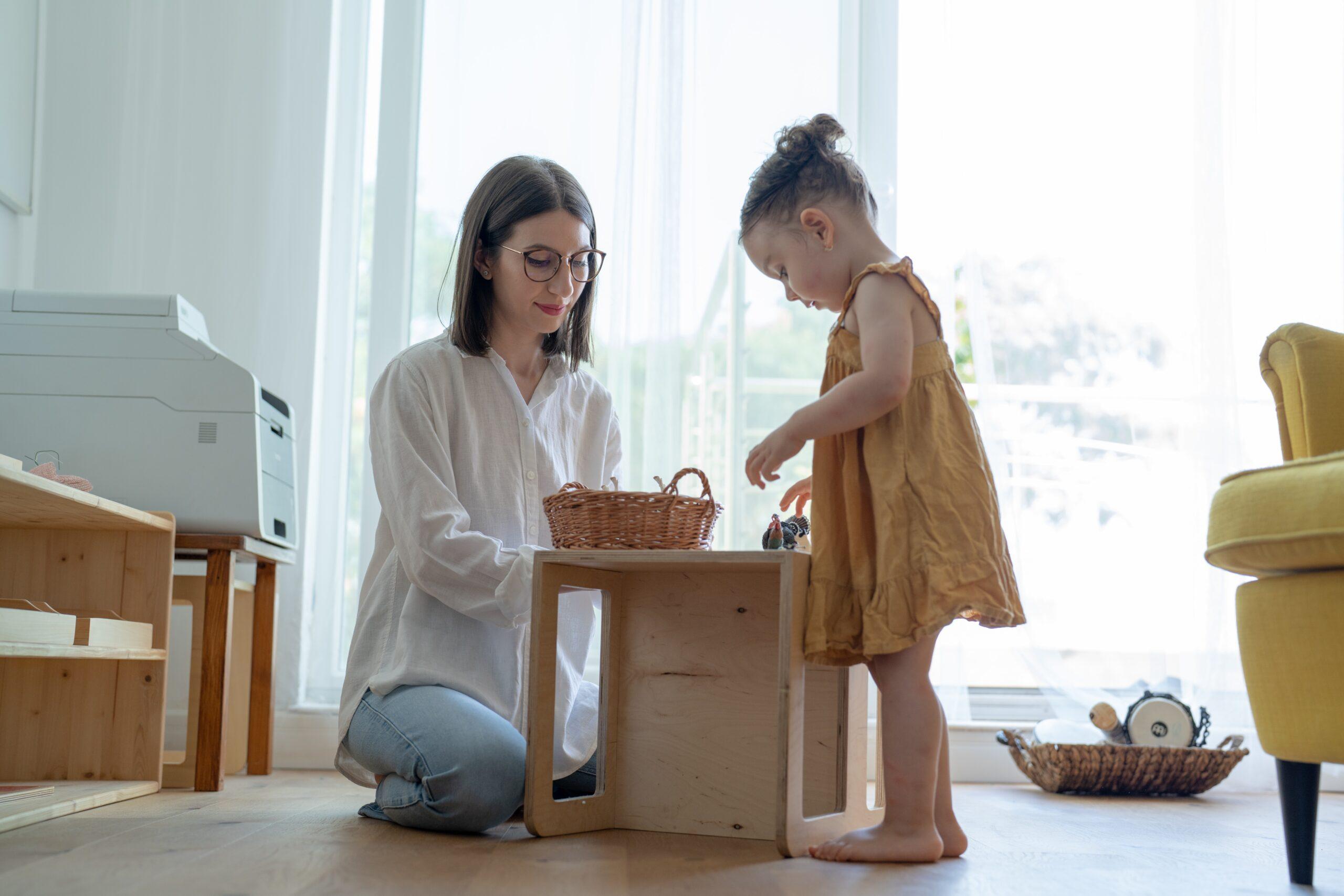Six-year-old John sits next to me on the piano bench and plays the instrument using two fingers during his entire music therapy session. John functions on the autistic spectrum; his speech is delayed, and his direct and meaningful communication with another person is severely limited.
At the piano, we observe the word “Yamaha” facing us. John points to each letter in the word. I then create a short song for every sound John starts vocalizing in monosyllables: “Aaaaa.” “Yyyyy.” “Mmmmm.” The little boy is clearly happy, and when we get to the letter “h,” I begin to sing, “‘H’ is for happy/And I’m happy singing/I’m singing with John/And he’s singing with me.”
This was the beginning of our work together. Eventually, John started singing some words along with me. This was a remarkable breakthrough, signaling the start of his ability to communicate with speech, to focus and attend, to make and sustain direct contact, and to participate with reciprocity. This is the power of music therapy.
As a music therapist, I am continually amazed by the unique relationship each person has with music. Some people identify themselves as musicians, and others simply share their love of music. Believe it or not, we’re all musicians with varying degrees of talent and skill, capable of impacting the world with our own versions of sound and silence. Music has the ability to communicate and unite. As musical beings, we seek to make connections with others who are willing to enter our musical space, hear us, respond with us and to us, and join together in music.
The American Music Therapy Association defines music therapy as the clinical and evidence-based use of music interventions to accomplish individualized goals in a therapeutic relationship with a credentialed professional who has completed an approved program. Music therapists offer a musical experience to their clients, presented in a way that will help them improve their functioning in specific goal areas.
The music therapist carefully establishes a relationship with the client based on rapport and trust. Each person’s strengths and challenges inform the direction taken by the therapist, whose purpose is to meet that person in his musical world and guide him into areas he may need to explore, develop, change, control, and express.
Music therapy can be an optimal setting for children with learning differences and challenges in cognitive, physical, emotional, and social development. Music is joyful and highly motivating. Children are willing to join the creative process as they practice skills in sessions.
When making music, many of our senses are stimulated simultaneously, and the whole person is involved. Processed in both hemispheres of the brain, music is able to stimulate cognitive functioning and improve a child’s willingness and ability to communicate expressively. Rhythmic activities are used to help children develop control over motor movements, as well as explore self-regulation and impulse control. Children can explore their own voice, using sounds and words, entering into a musical dialogue with the therapist. They are empowered, making choices regarding songs, instrumentation, tempo, and other aspects of the music.
Combined, a musical environment and a trained music therapist offer children the opportunity to explore their musical selves and connect with another person through music. Additionally, they experience tasks at which they can be successful while building on strengths and reaching goals.
There are endless possibilities for children to become involved in music. For the child with autism, incorporating expressive sounds and movements into song is validating, opening doorways to communication and a willingness to sustain contact with others. For the child with learning delays, accomplishing simple musical tasks can build self-esteem and encourage confidence. A group of children with emotional and social delays may explore issues of trust and inclusion as they write a song about tolerance, diversity, and friendship.
A creative process, a musical journey, a chance to experience growth and learning, music therapy offers a very powerful intervention in a child’s life. It has the power to bring about meaningful connections and transformational change.




